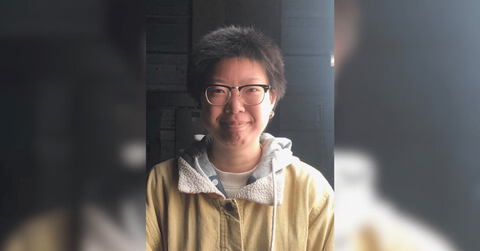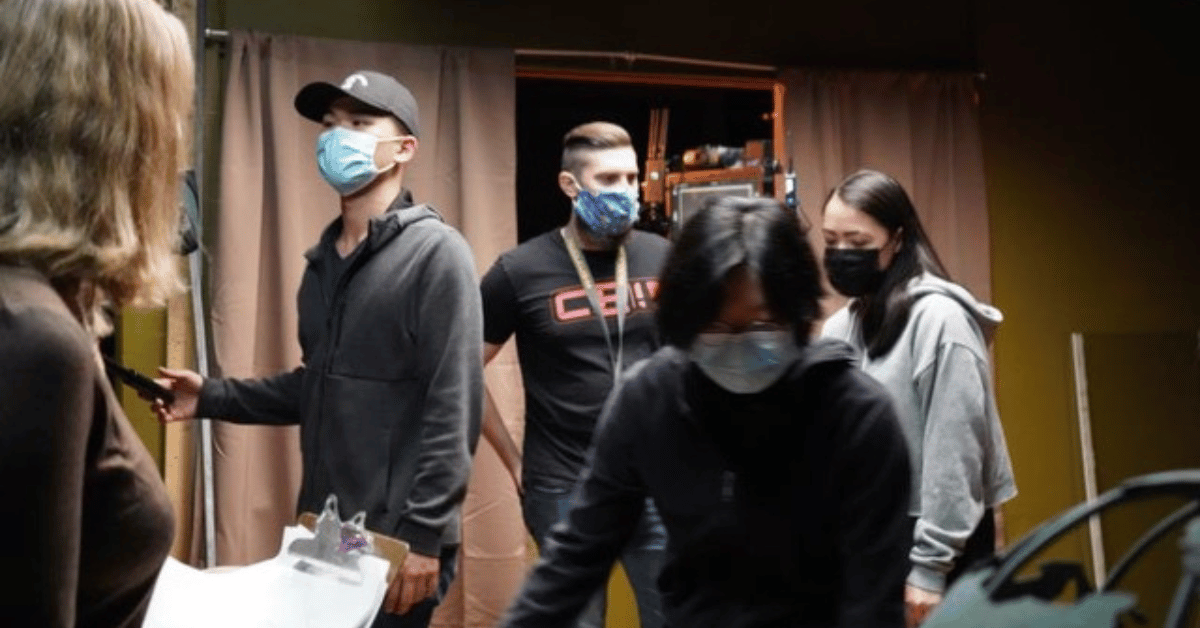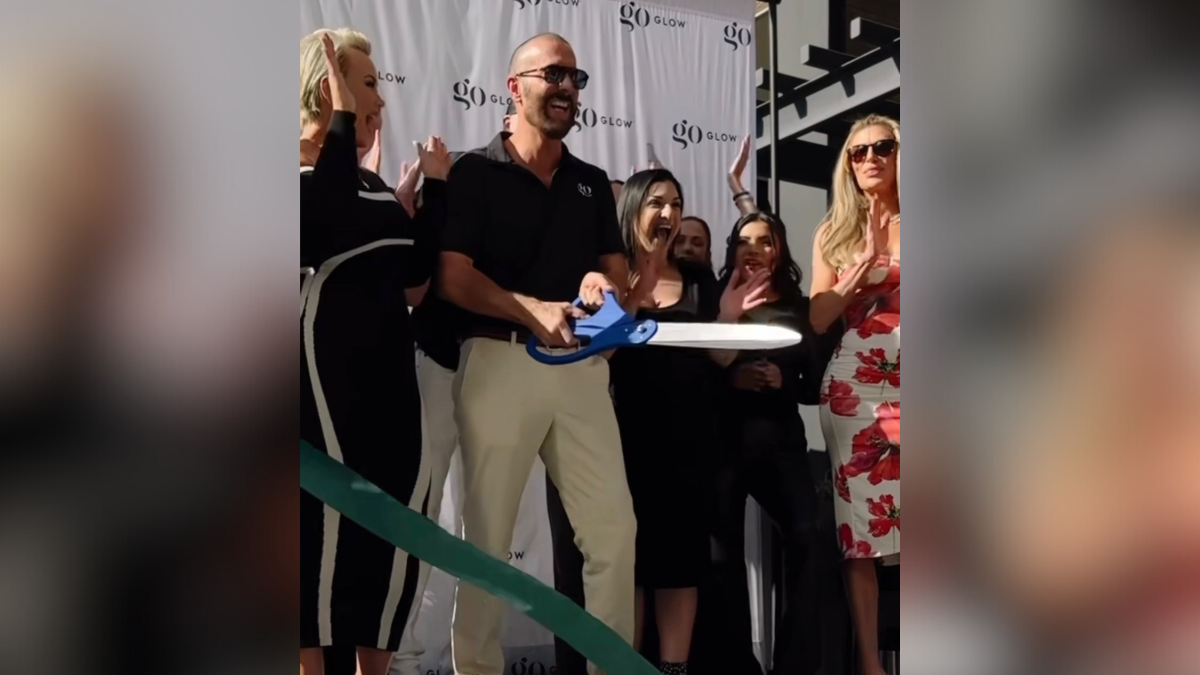Weiqi Meng asks Where the Future of Humans and Robots Lies in The End

May 1 2025, Published 2:00 a.m. ET
It’s rare that a new story is told. There aren’t that many. If you take the time to really examine it, the most attractive and memorable stories are more a result of the proficiency and creativity of the storyteller themselves than the content. For nearly a century now, filmmakers have been proposing questions that resonate with the public because this medium allows the most gifted of them to cultivate empathy. Weiqi Meng’s The End questions how emerging technology will alter the human state of mind. Rather than presenting a collision of humanity with a new life form in a struggle for dominance, Weiqi has chosen to focus on how human connection with robots might become a proxy for the loss of human contact. The End is a deeply emotional-psychological film which, like the truly great ones, elicits more questions than it offers answers. Beware of stories which are predictable; those which have nothing in common with The End. This story will disturb you and prompt you to ponder what your behavior and ethics will be with the rapidly approaching integration of robots into everyday life.
At its core, this film asks what really makes someone human? In a world where AI aids society in finding directions, composing resumes, and the like, there is a sense of gratitude but is there a feeling that exists on the other side of this equation? If so, is it recognizable? When both real people and AI can fail you, the pain isn’t just about feeling empty—it’s about knowing you’re depending on something that doesn’t actually feel back. This is what the protagonist of The End is going through. She’s not just hurt because she fills her emotional void with robots—she’s hurt because she knows that this is all she has, and she’s not okay with it. The interaction with these robots becomes the only warmth in her life, and leads her to an emotional extreme.

The End is a film to be watched but even more so, it is to be experienced. The emotional longing and depths of the woman at the center of this story (portrayed by actress Claire Pegram) never seems to make a connection with those humans whom she encounters briefly like a customer at the shop (actor Javon Jones) or a man buying lottery tickets (actor Bruce Gale of the Primetime Emmy Award-Winning HBO series Silicon Valley, award-winning Netflix series Babylon Berlin) but leans into the ease of the time she spends with these robotic life forms. There’s an analogy here for society’s preference for online interaction and “friends” or “followers” versus in-person dialogue and experiences. There’s a subtle hint here that the filmmaker proposes resembling the James-Lange theory of neuroscience which suggests that humans don’t have emotions in the popularly held definition. Instead, it suggests that bodies respond first (like increased heart rate, muscle tension), and the mind simply interprets those signals as emotions like fear or sadness. In a way, maybe humans are all just biological AIs—reacting to stimuli, interpreting signals, and pretending it means something deeper.

The End has received a great deal of praise from audiences as well as industry recognitions from the London Director Awards, California Women’s Film Festival, Los Angeles Film Awards (including an award for Editing and a nomination for Best Picture), and many others. As with other films like Minority Report (2002, starring Tom Cruise), The End seems highly aware of the dangers which are rapidly approaching in regard to technology. Weiqi Meng feels the weight of what her film is imparting. She states, “I’m concerned about both how technology will treat humans and how humans will treat technology. I remember reading Osamu Tezuka’s Metropolis years ago—it’s a story that really stayed with me. He was so far ahead of his time. It’s incredible how deeply he explored ideas about technology, identity, and what it means to be human—long before those conversations became mainstream. The story was set in a future where humans and robots coexist. The protagonist is a robot but didn’t know it until it’s revealed later. In fact, they hated robots at first. That story had a huge impact on me. It pushed me to ask: What really makes us human? How are we truly different from robots?”


